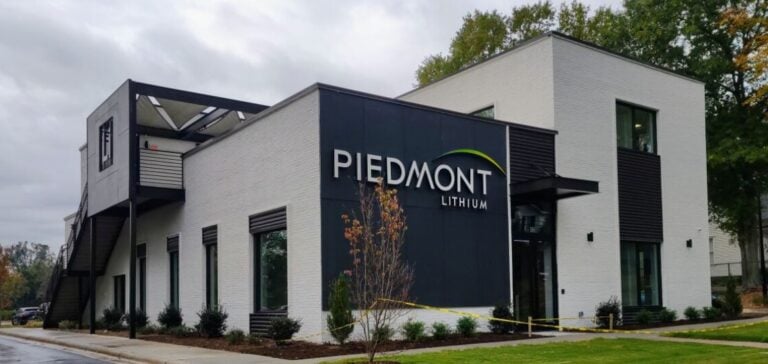Piedmont Lithium has launched an ambitious $1.2 billion project in Gaston County, North Carolina. This project aims to extract lithium, an essential metal for electric vehicle batteries. This initiative supports US President Joe Biden’s strategy to strengthen the US electric vehicle industry. It also aims to reduce US dependence on foreign imports, especially from China. However, this operation is causing deep concern among local residents, especially regarding environmental risks such as water pollution. A major project in a state whereother energy projects are being developed.
Local residents’ concerns
Kristal Lee, an affected resident, shares her fears about the project’s environmental and noise impacts. Residents are particularly concerned about the potential contamination of their drinking water. In addition, the noise and dust of daily mining operations, including explosions, add to their anguish. Residents like Jim McMahan and Locke Bell also point to the risks to local agriculture and air quality. They fear that short-term economic benefits will be eclipsed by long-term ecological damage.
Responses and mitigation measures proposed by Piedmont Lithium
To allay these concerns, Piedmont Lithium has proposed several measures. The company plans to treat all water discharged from the mine before it is used or disposed of. They are also considering the creation of new water wells and proposing to supply mineral water to affected residents. These measures are designed to prevent contamination of drinking water and limit environmental nuisance.
Political considerations and future decisions
The Gaston County Council, chaired by Chad Brown, is demanding robust guarantees from Piedmont before any progress can be made. A crucial decision expected in November will determine the future of the project. Operating permits are at stake, and approval will depend on Piedmont’s assurances of environmental and community safety.
Piedmont’s lithium mining project in Gaston County is at a crossroads. It confronts the desired economic development with the imperative need to preserve the environment and the well-being of residents. Future actions will need to balance these elements to ensure that immediate economic gains do not lead to long-term environmental and social losses.






















